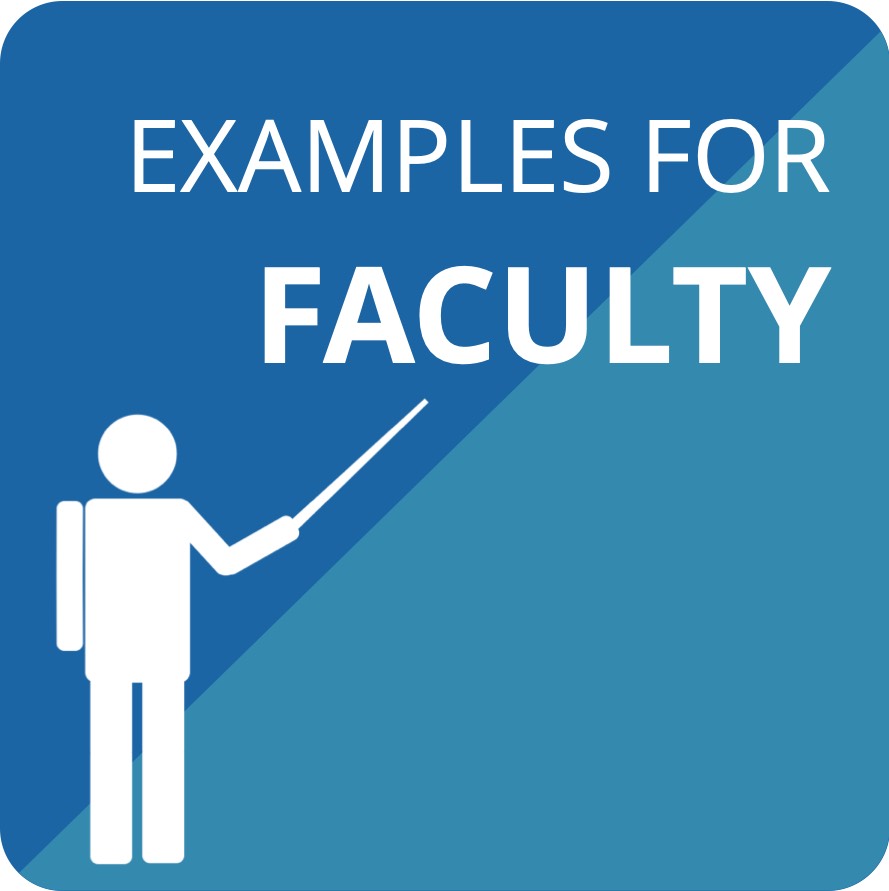10 Effective Practices for Digital Teaching
Tip 9: Encourage Student-Centered Learning
Ultra discussion boards, conversations, journals, and group work are all excellent strategies for engaging learners in clarifying, identifying and applying course concepts with real-world experiences. In addition, find opportunities for students to explore and expand their own learning capabilities.

How do you do this?
- Provide students with structured reflective opportunities to think intentionally about the cycle of learning. You can use the Ultra journal tool, an online assignment, Flip, Padlet, or even a Google form to allow students to share and reflect on their learning and the what/why/how of their knowledge creation.
- Ask students to think about their goals and expectations for your course. Encourage students to share that with you at the start of the course and then to reflect upon those goals in the middle of the semester and then and again at the end of the course. These can be structured as an journal, an online assignment, Flip, Padlet, or even collected in a Google form.
- Provide directions often and in various ways. Be clear and concise with your directions and expectations. Also provide your directions in multiple ways and if you create a video with instructions on how to complete a task, be sure to provide the same directions in text.
- Provide effective and timely feedback. Make your presence known in a discussion forum by getting involved early and asking questions that keep the discussion going. Students should also be aware of their progress throughout the duration of the course. Blackboard Ultra’s Grade Center can help you communicate student progress and offers text, oral and video feedback options . Tell them what they did well, and what needs improvement.
- Coach student success by encouraging and rewarding hard work. Summarize online discussion and reference specific discussion board threads in your Weekly Announcements and/or during synchronous meeting opportunities.
- Give students voice and choice about which assignments they complete - and how. This is a good principle of Universal Design for Learning. This might even include allowing students to create course content, classroom policies, establish assignment deadlines within a given time window, and opportunities to create assessment criteria.

- Community of Inquiry: Introduction, Social Presence, Cognitive Presence, Teaching Presence
- Resources to support accessibility considerations
- Respondus Lockdown Browser & Monitor Resources
- Creating the Discussion Board
- Alternatives to the Final Exam
